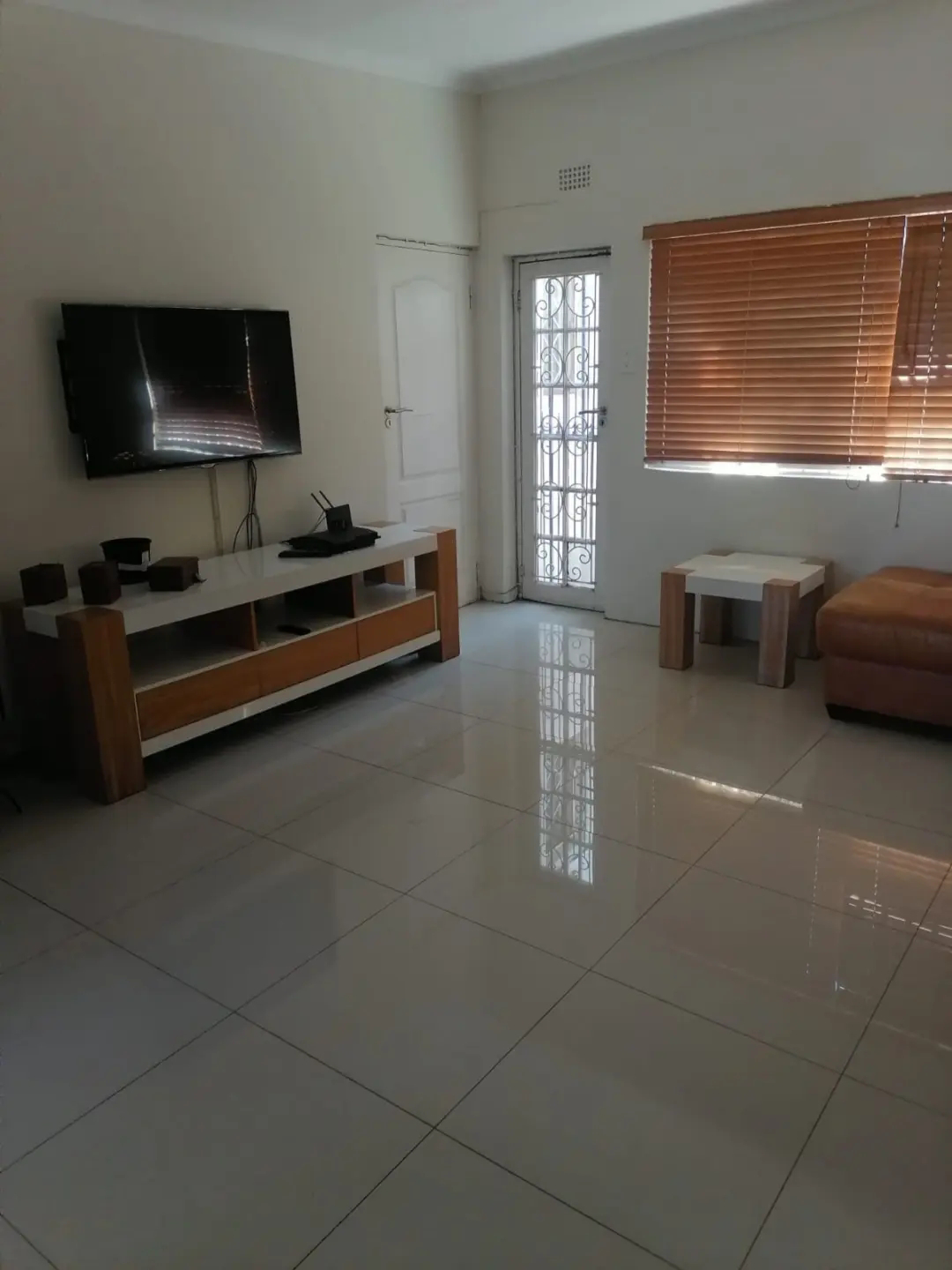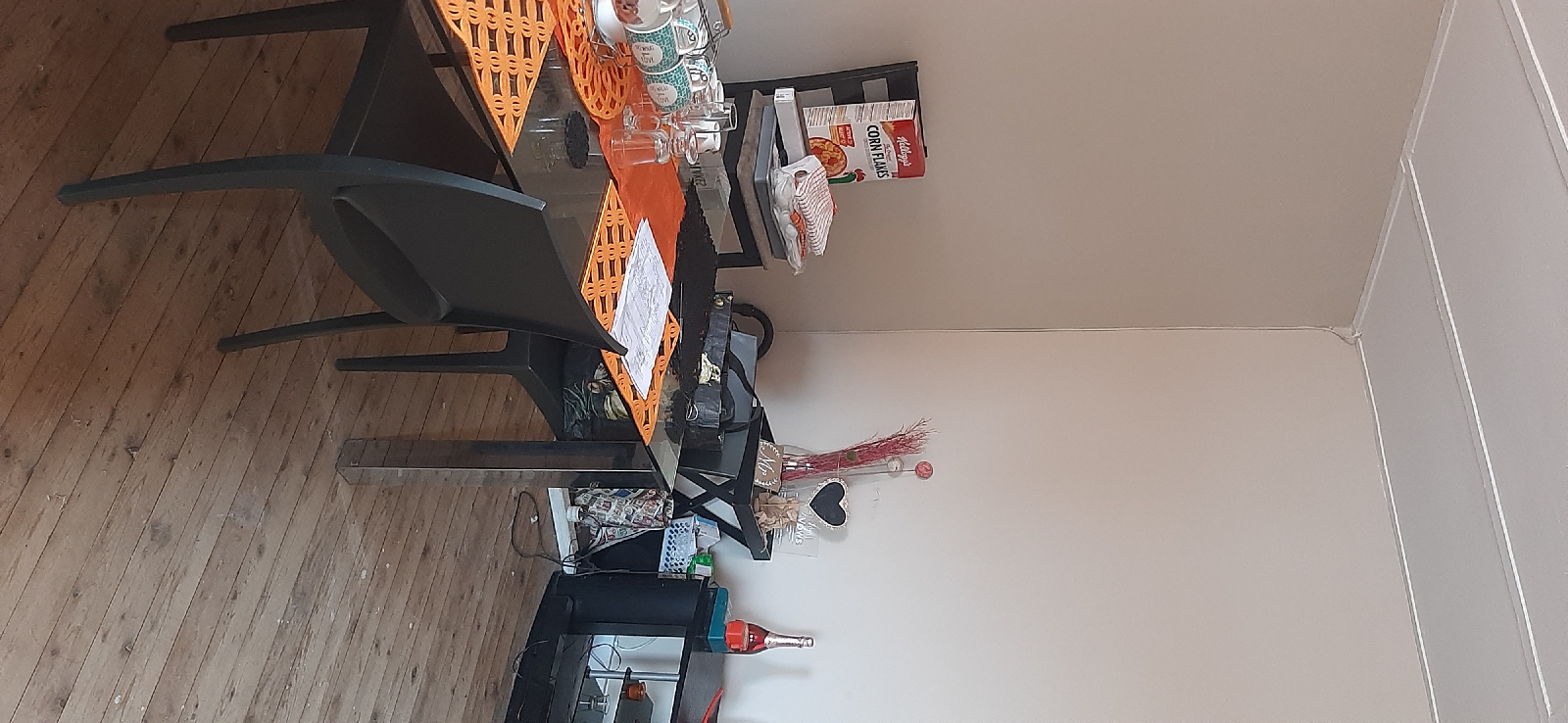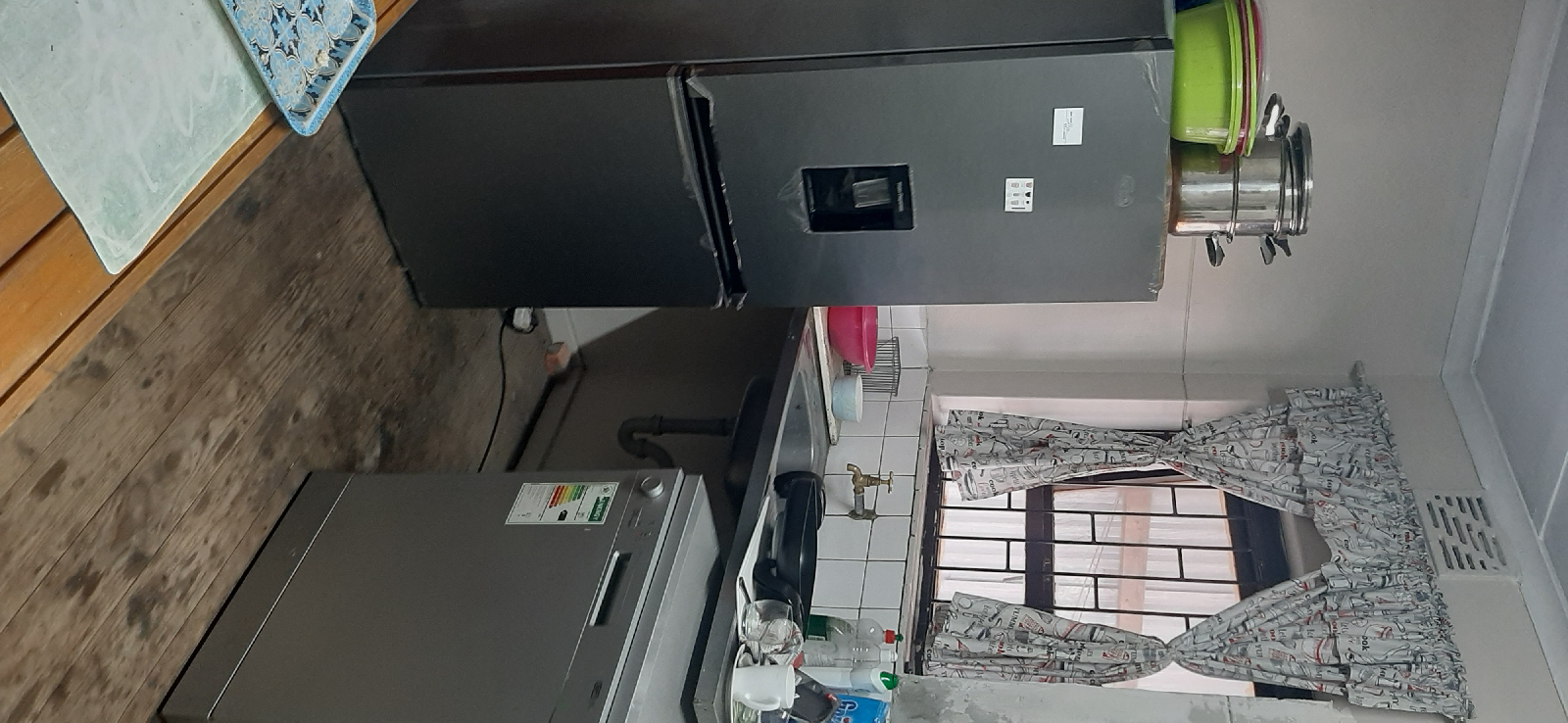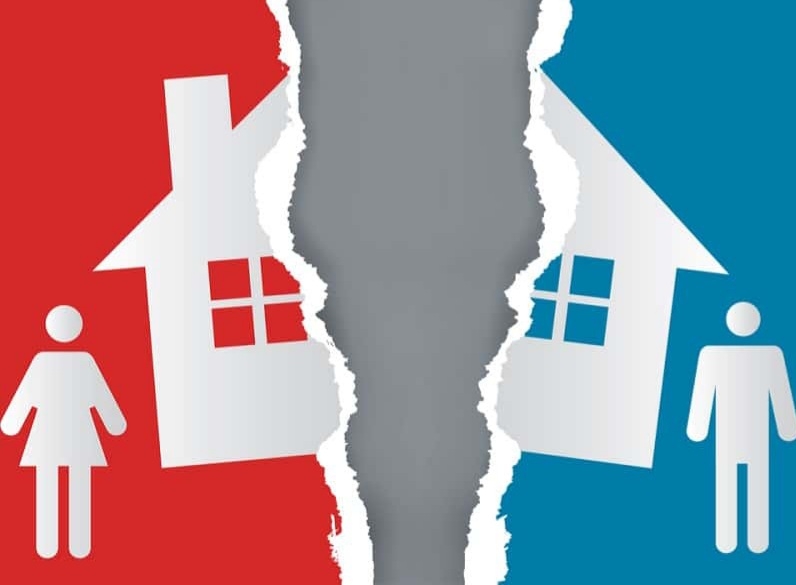Owning more than one property can be a great investment, but whether it's "worth it" depends on your financial goals, risk tolerance, and ability to manage real estate. Here are some key factors to consider:
Pros of Owning Multiple Properties
✔ Wealth Building & Equity Growth – Real estate tends to appreciate over time, allowing you to build wealth.
✔ Rental Income – A second property can generate passive income if rented out.
✔ Diversification – Spreading your assets across multiple properties can reduce risk.
✔ Tax Benefits – Mortgage interest, property taxes, and depreciation may be deductible.
✔ Leverage – You can use financing to acquire more assets with less cash upfront.
Cons of Owning Multiple Properties
❌ High Upfront & Ongoing Costs – Down payments, maintenance, and property management can be expensive.
❌ Market Risks – Property values and rental demand fluctuate.
❌ Time & Effort – Managing tenants and maintenance requires work or hiring a property manager.
❌ Liquidity Issues – Real estate isn’t as easy to sell as stocks if you need cash quickly.
When is it worth it
You have strong finances and can afford multiple mortgages and expenses. The rental market in your area is strong and provides positive cash flow. You have a plan for property management, whether self-managed or hiring help. You’re investing for the long term and understand market cycles
If you’re considering buying a second property, it's smart to analyze rental yields, property appreciation trends, and your financial ability to handle potential downturns. Would you be using it for rental income, vacation purposes, or another investment goal?
















































